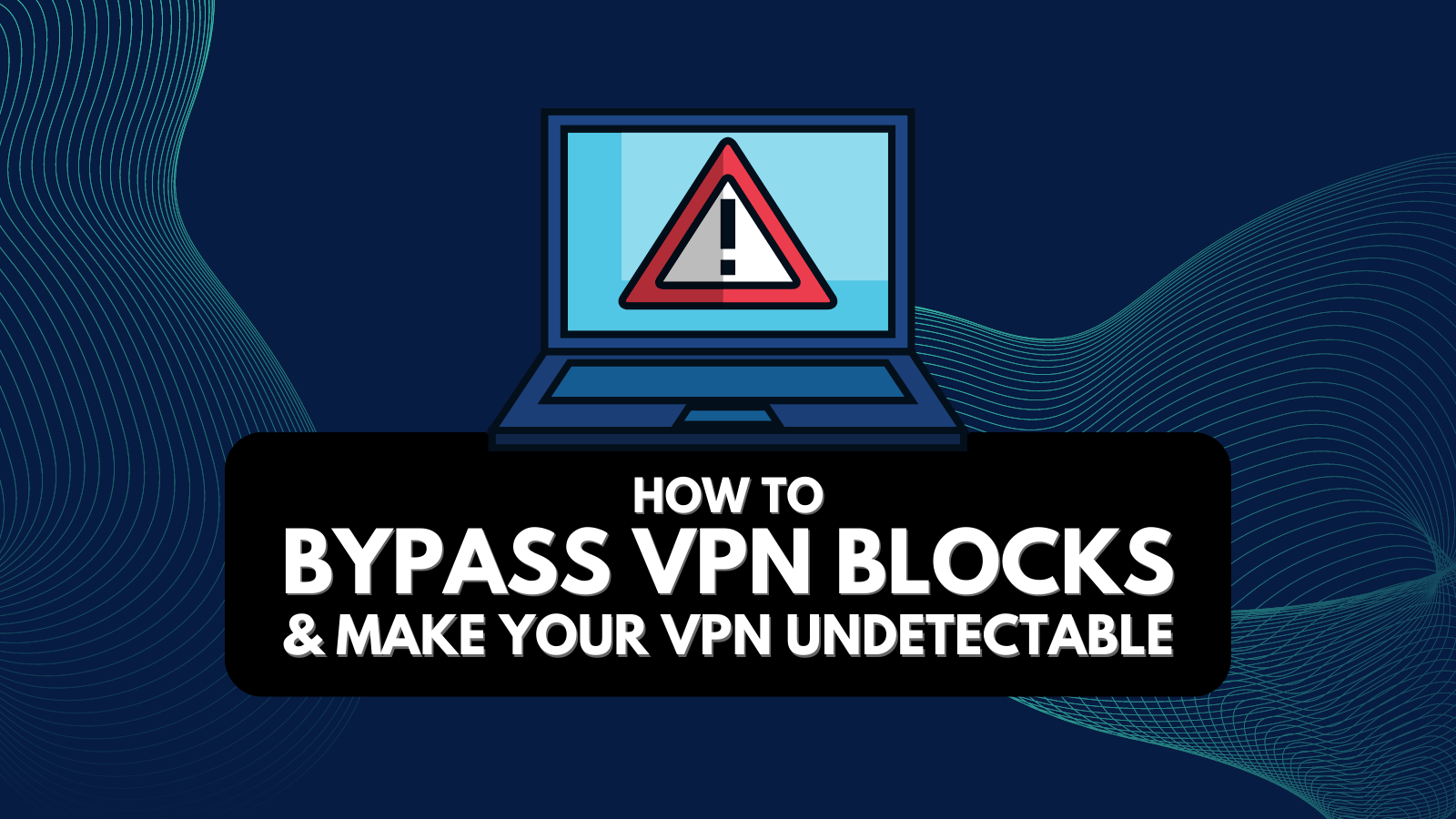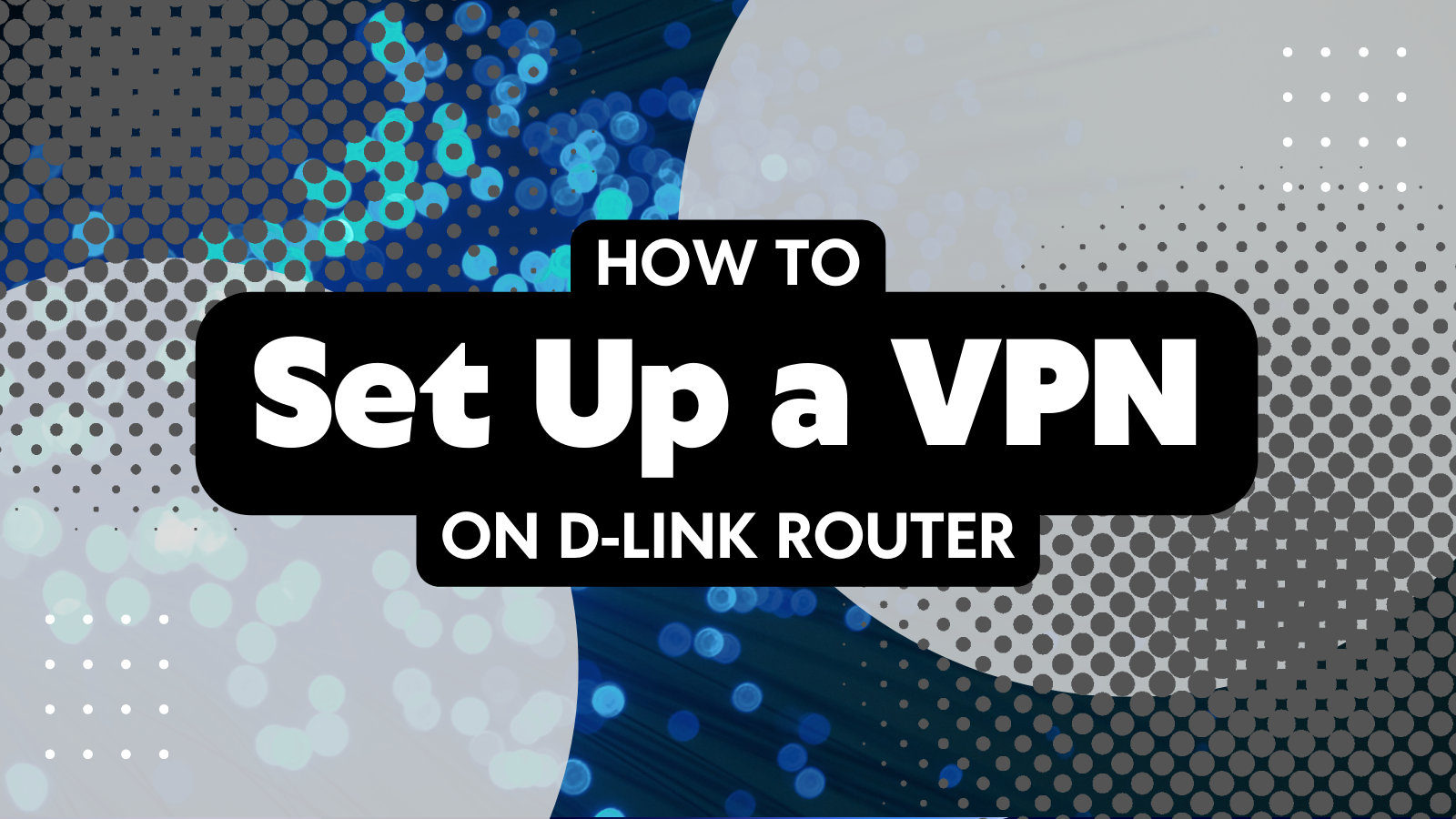
When you purchase through links on our site, we may earn an affiliate commission. Here’s how it works.
Remote Access VPN – How Having a Secure Remote Connection Benefits Companies & Individuals
Here at TechNadu, we spend a lot of time promoting VPN technologies. Usually, the use case for this technology is aimed at providing you with high levels of browsing privacy. However, VPN technologies have many more applications than simply keeping your Internet activity private. In this article, we are going to explain another great use for VPNs – remote access VPN.
Before we jump into the details about what a remote access VPN is, let’s have a quick refresher on VPNs as they are used in the popular mainstream.
VPN Subscriptions - In a Nutshell
Most people pay to subscribe to a VPN service offered by a private company to the public. You pay a subscription fee and you are granted access to a VPN server. A VPN client on your local device (like your computer or smartphone) connects to this server. It does this by using encryption technology to create a digital tunnel through the public Internet. All internet traffic from that device is then routed through the tunnel via special VPN protocols.
This means that your ISP and the authorities have no idea what pages you are visiting or what information you are moving. Even better, to the sites, you appear to be wherever the exit node of the VPN network is. This means that you can spoof locations to unlock restricted content or simply obscure your true location.
A remote access VPN uses the same technology, but for a very different purpose.
So, What is a Remote Access VPN?
To answer that question, we quickly need to go over a basic example of how computer networks operate.
In your home Internet setup, there are two networks at play. There’s a local area network (LAN) and a wide area network (WAN). The LAN consists of the devices that are connected to your router via Wi-Fi or Ethernet. It’s actually a mini-Internet right in your home. Each device on your LAN has an IP address just like every server on the Internet does. If you want to send a file from one computer on the LAN to another, then the router makes sure that the correct data packets get to the right destination. The router itself has an internal IP address as part of your LAN and an external IP address assigned to it by your Internet service provider. This is your public IP address. These two networks are entirely separate and the router acts as the bridge between them.
A remote access VPN uses an encrypted VPN tunnel to connect a device over the public network to the LAN of a remote destination. This solution allows the remote computer to be treated as just another part of the LAN. So effectively, it’s as if you were plugged into a local network access point.
The Upsides of Using a Private Access VPN
To understand the usefulness of a remote access VPN, let’s go back to the example of our home network. Think about the sorts of things that you might have on your home network. There could be some network-attached storage, cameras, Wi-Fi printers and more. Generally, all computers on the LAN are treated as trusted devices.
You certainly don’t want someone from the public Internet to access your LAN and go through your files, see through your cameras or otherwise mess with your private data and hardware. However, what if you need remote access to important files? What if you wanted to print something back home remotely? That’s where a remote access VPN comes in.
Business Use Cases
Companies who have sensitive information hidden from the public network or who run internal services and tools can use this technology to great effect.
For example, large firms run HR software to manage employees. This software is only accessible to devices connected to the actual LAN of the organization. Field workers and remote office who also need access to these services can be hooked up via a remote access VPN. In effect, you can spread your private LAN within the global WAN, without compromising your data security.
Private Use Cases
Even if you don’t run a business, remote access VPN technology still offers plenty of benefits to home users. You can get the full details in our article on how to set up your own VPN, but here are some reasons to consider it:
- Access private files from your home network without having to load it on a public service like Dropbox, Google Drive, and similar.
- Route your mobile Internet through your home Internet connection.
- Send information securely to your home storage systems.
It’s not that hard either, so if you like going the extra mile, consider setting up a remote access VPN of your own.
The Downsides of Using Private Access VPN
While remote access VPNs are immensely useful in the right context, it’s probably not the right option for the majority of users out there. Of course, it all depends on your needs. If you need access to your LAN and you don’t want to use a public cloud service, this is a viable way to go.
If you are not comfortable with leaving your information on a large multinational corporation’s servers, then you should seriously think about getting a VPN subscription. In fact, even with a remote access VPN, you still need to secure your actual home Internet connection. We recommend ExpressVPN as the best all-around VPN solution for every device. It’s affordable, has tons of features and has been a market leader for years now.
Final Thoughts
Dear readers and visitors, that would be all when it comes to private access VPNs. If there's something else you'd like to know, don't hesitate to post a comment below. We'll do our best to provide a timely response.
Finally, don't forget to share this article online if you think it's helpful. Also, you can follow us on Facebook and Twitter - so, let's stay in touch. Thanks!







